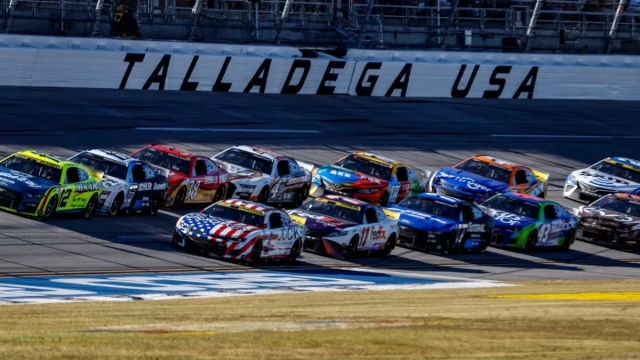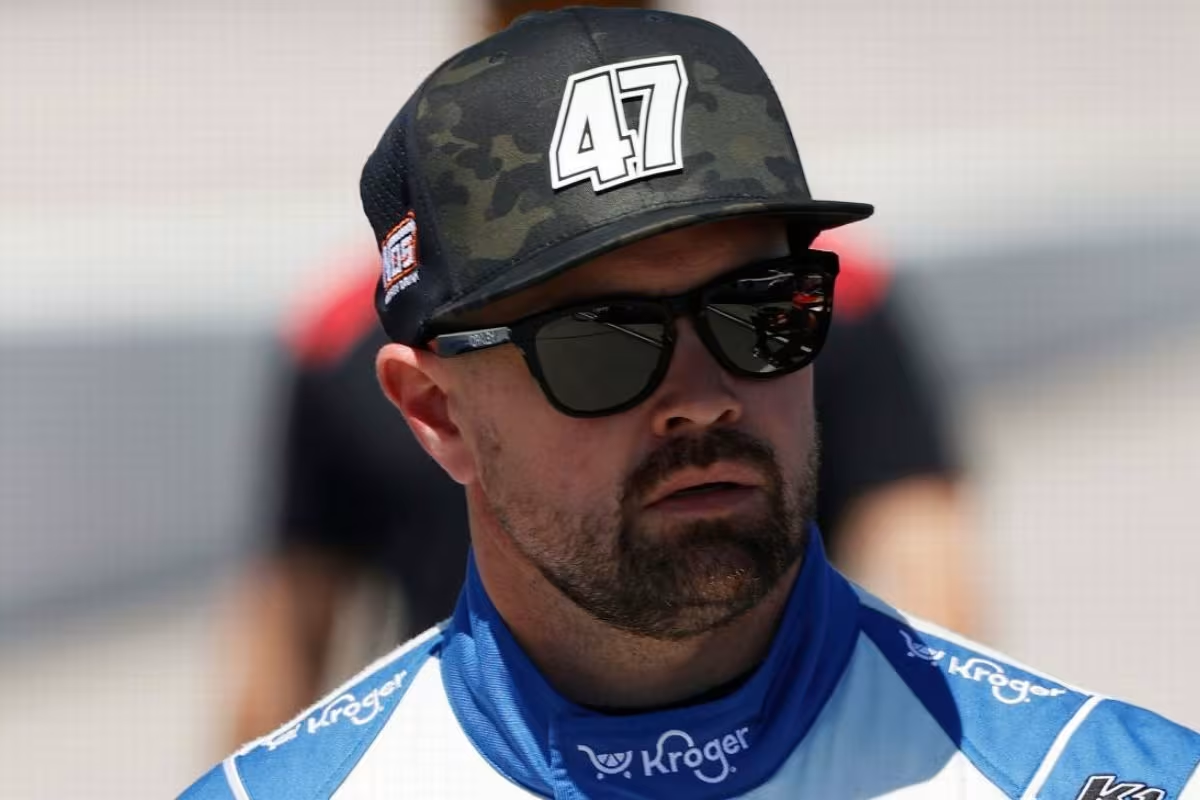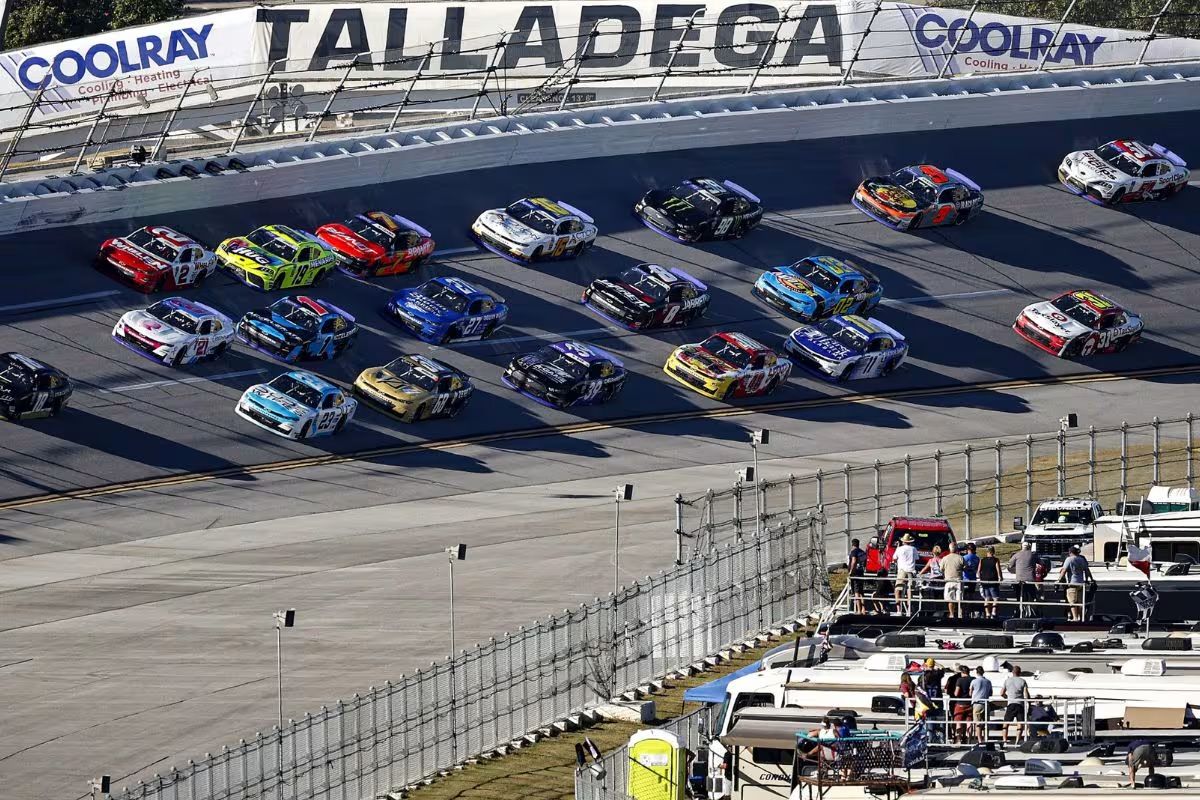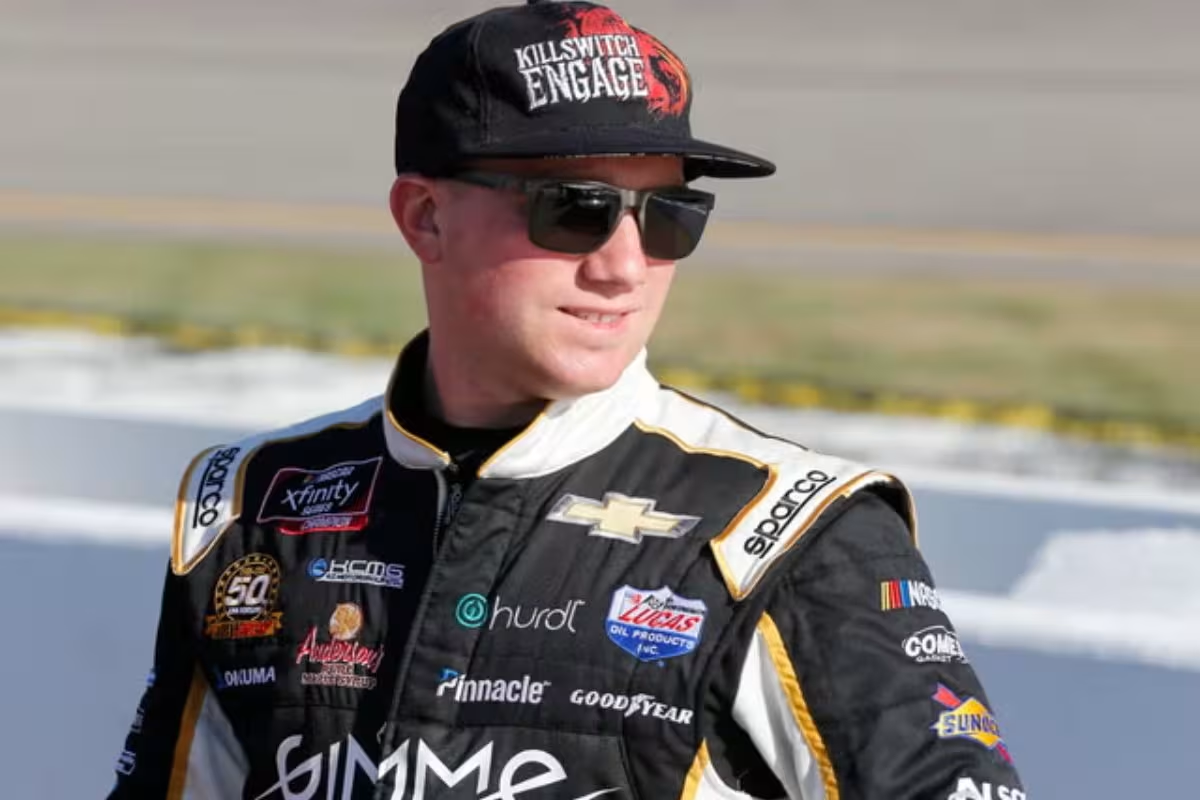Talladega’s Integrity has been compromised: NASCAR’s integrity at Talladega Superspeedway is under serious scrutiny, with experts calling for immediate reforms. Recent races have sparked concerns about fairness and transparency, as critics argue that the current format has shifted focus to fuel-saving tactics and drafting strategies, diminishing real competition. The frequent use of caution flags has only fueled fan frustration. Tackling these challenges will be crucial to reviving the sport’s credibility and bringing back the excitement for future Talladega events.
Key Highlights
- Recent events at Talladega have raised serious concerns about NASCAR’s integrity, prompting calls for immediate reforms from industry experts.
- The Next-Gen car has shifted race dynamics, leading to questions about competition purity amid increased reliance on fuel-saving tactics.
- Criticism of the current racing format highlights that races are perceived as fuel-mileage contests rather than true showcases of driver skill.
- Urgent reforms are necessary to enhance safety protocols and officiating practices, restoring fan trust and competitive authenticity in NASCAR.
- Engaging stakeholders in the reform process is vital for implementing changes that ensure a fair and exciting racing environment.
Ricky Stenhouse Jr.’s Victory and Current Racing Dynamics
Ricky Stenhouse Jr.’s recent victory at Talladega Superspeedway highlights the evolving dynamics of NASCAR racing.
The Next-Gen car, while engineered for improved aerodynamics and safety, has introduced unique challenges that redefine race strategies at these high-speed venues. The implementation of single-lug nuts has unknowingly changed pit stop dynamics, extending refueling times and compelling teams to adopt creative fuel-saving strategies.
The result is a racing environment where drivers often find themselves managing their speed and fuel consumption, particularly in the final laps.
Furthermore, the Next-Gen car’s limitations in handling and passing have prompted critical discourse regarding the spectacle and excitement that once characterized superspeedway races. With speeds reaching 195 mph often perceived as merely “half-throttle,” the core of racing at Talladega is under examination.
Criticism of the Next-Gen Racing Format
Since Denny Hamlin’s victory at the 2020 YellaWood 500, nine different drivers have claimed wins at Talladega, highlighting NASCAR’s push for greater parity among competitors.
However, some fans have grown disillusioned with this narrative. Like many races on draft tracks during the Gen-7 era, Sunday’s 195-lap superspectacle was largely seen as a fuel-mileage race. Additionally, the “Big One” that occurred at Lap 184 has fueled suspicions that superspeedway races often rely on a major caution to reset the field in the final laps.
Yet, without concrete evidence, these claims remain unproven.to deliver compelling racing, the call for urgent changes grows louder. Stakeholders within the sport must navigate these criticisms carefully to restore confidence and credibility in NASCAR’s racing narrative.
Drafting Dynamics and Lead Changes
The complexities of drafting dynamics and lead changes at Talladega have become a focal point of discussion, particularly in view of the criticisms surrounding the Next-Gen racing format. With 66 lead changes among 24 drivers, the race highlighted the volatile nature of superspeedway racing and the inherent challenges posed by the new car design.
Significantly, Kyle Busch’s attempt to forge a tertiary line in overtime exemplified the risks associated with these drafting strategies, as he ultimately dropped to 19th position.
“When you look at the move yesterday where TJ (Brad Keselowski’s #6 car spotter) doesn’t get up to block the top. In the old days with the old cars… even with the alliances, you want to get that lead.” -(brett)
As Brett Griffin noted, the current dynamics have shifted, diminishing the opportunities for drivers to showcase their skills relative to the performance of their vehicles.
“Because you know I can get up right here and when the bottom comes back, I can get down I can fade a line. So many opportunities. Much like the Xfinity Series is even today for the driver to showcase his skill. And the team to showcase their ability to beat speed in a race car, whether that be the motor department, the aero department, or whatever. So, I side with Gabehart and I agree something has to be done.”-(brett)
This evolution calls for a reassessment of the Next-Gen format to restore the competitive integrity that has historically defined superspeedway racing, ensuring that both driver artistry and engineering skill are celebrated on the track.
Concerns Over Superspeedway Integrity
Recent critiques surrounding the integrity of superspeedway racing have intensified, particularly as many industry voices question the effectiveness of the Next-Gen car design.
Griffin’s clear assertion, in the podcast, that “the integrity of the racing at Talladega has been compromised” emphasizes a growing discontent among stakeholders regarding the product being showcased.
“With Gen 7 speedway racing, I just don’t see any greatness, There is qualifying up front. There’s a little bit of a tussle after an event… But once they get all lined up, you’re just stuck. There’s no more driver ability, not more driver talent to speak of,” -(chris)
Chris Gabehart, pit boss for the #11 team, echoes these sentiments, lamenting the lack of excitement in Gen 7 speedway racing. He articulated a critical perspective that the current racing format has resulted in a scenario where driver skill is eclipsed by the inherent design of the vehicles.
This raises profound concerns regarding the competitive landscape of NASCAR. The ability for drivers to maneuver and execute tactical passes has been stifled.
Tyler Reddick’s Perspective on Driver Accountability
Driver accountability stands as an vital component in the high-stakes arena of NASCAR, and Tyler Reddick’s recent comments underscore its significance in the current landscape of racing dynamics.
Reddick, having secured his playoff spot at Talladega, faced a challenging race, finishing as the lowest-performing Toyota that completed the event. His reflections on the tactical elements of racing reveal the often-overlooked role of driver agency.
Reddick articulated the intricacies of driver responsibility, emphasizing that performance in NASCAR hinges on a myriad of factors.
“I don’t love the thought of all the fuel-saving… But as a driver, it is completely in your hands in the first half of those stages. You’re able to go right to the back. You’re able to go right to the front. It’s totally in your control.” -(reddick)
Reddick’s insights show that accountability is not merely a personal trait but a collective ethos that defines a team’s approach to racing.
As the Cup Series shifts to a road course, the onus is on Reddick to utilize this accountability to propel himself and his team toward Championship aspirations.
News in Brief: Talladega’s Integrity has been compromised
The recent events at Talladega have highlighted considerable concerns regarding the integrity of NASCAR racing. With shifting drafting strategies and frequent lead changes, the integrity of superspeedway racing has come under examination. The perspectives shared by drivers, such as Tyler Reddick, show the need for accountability and reform.
ALSO READ: Controversial Victories at Talladega Superspeedway: Unpacking the Chaos Behind the Wins




